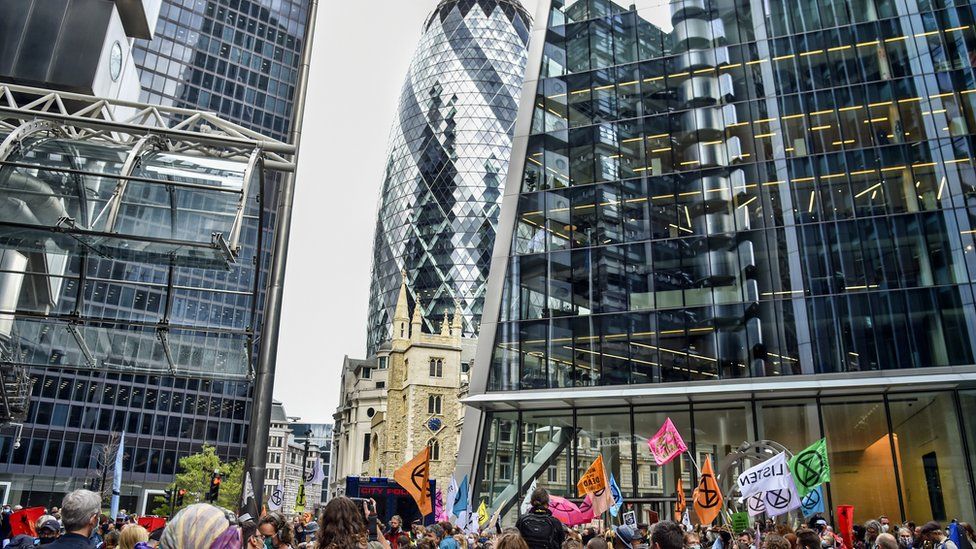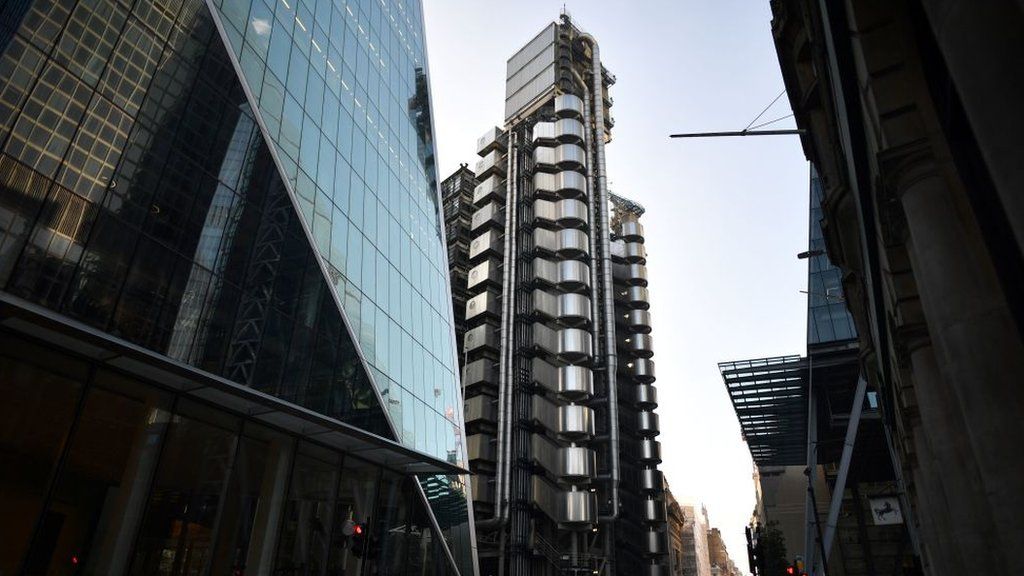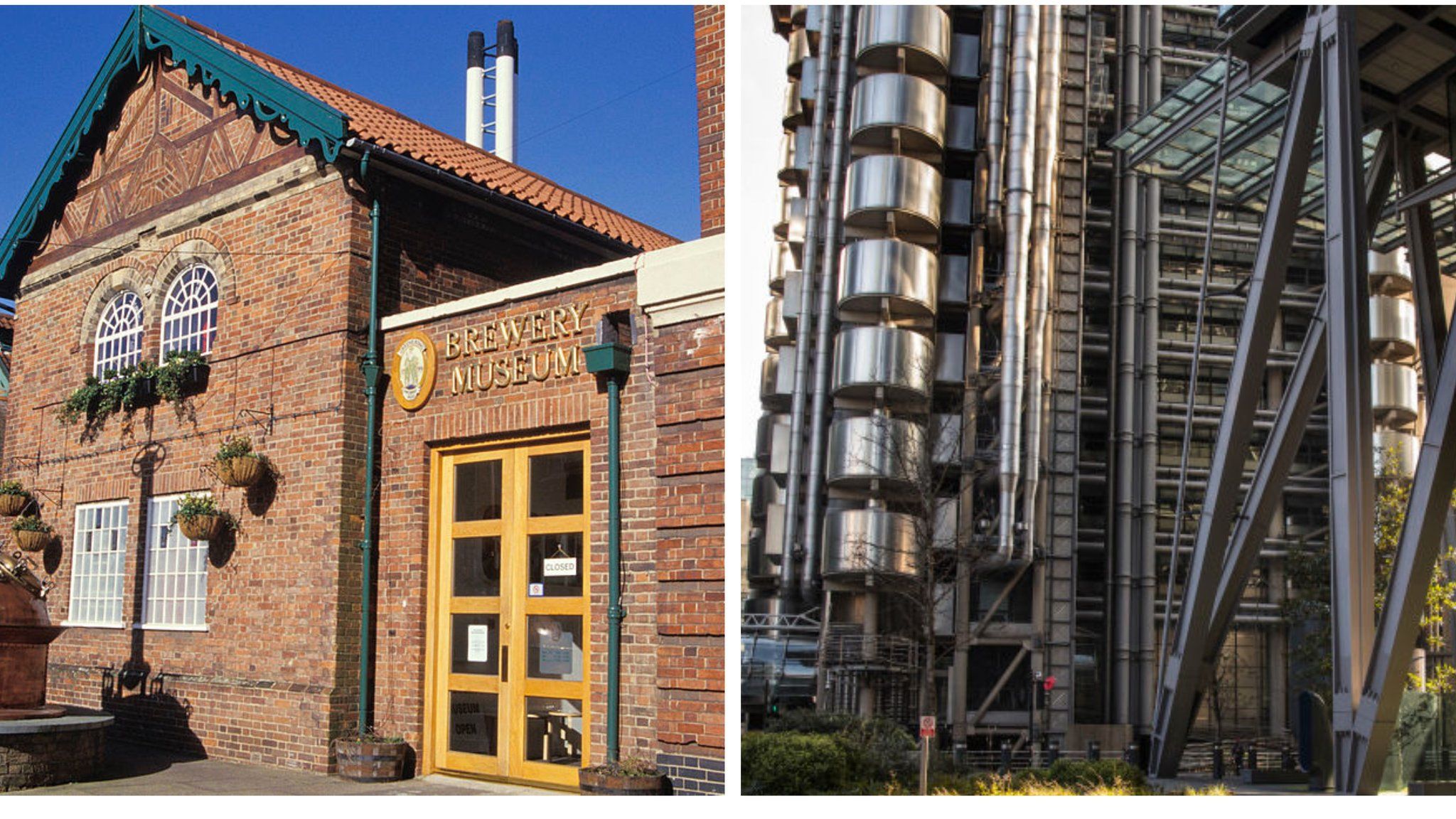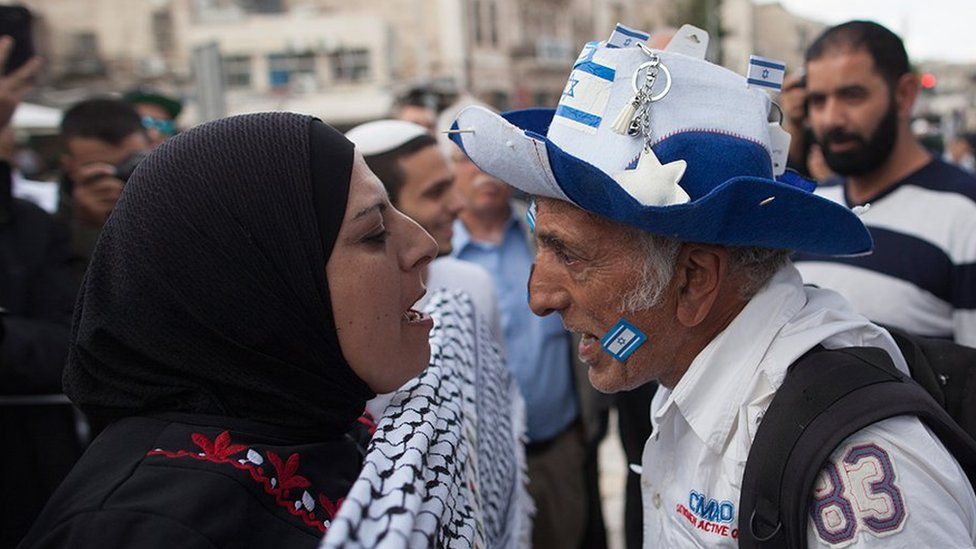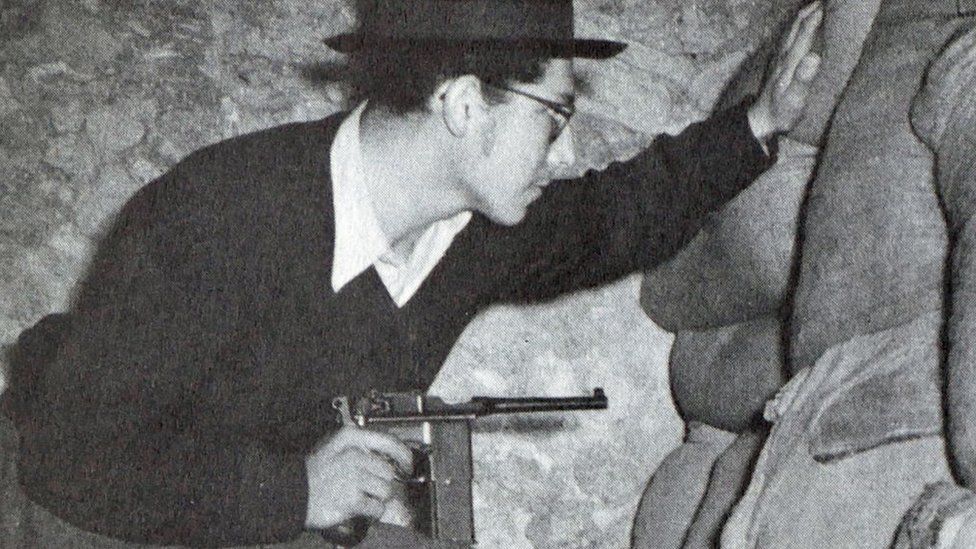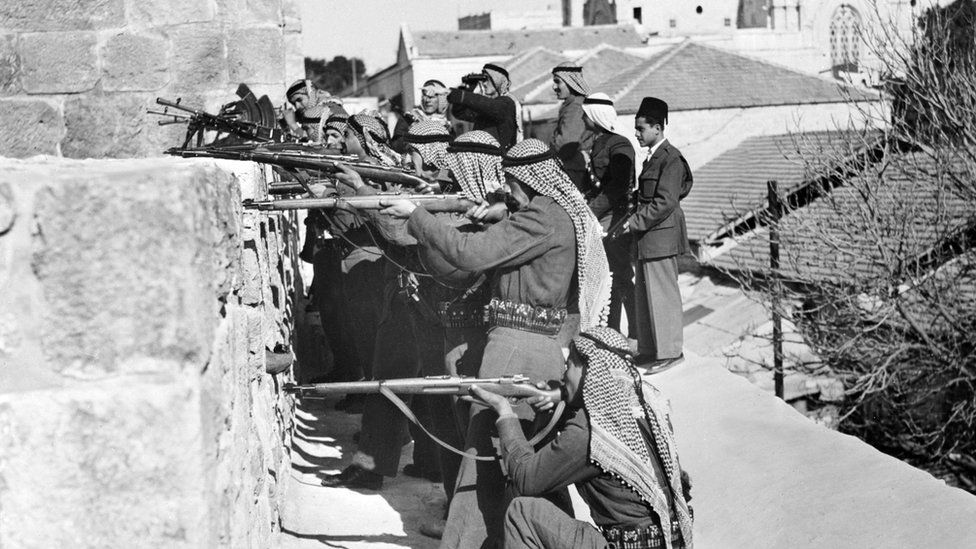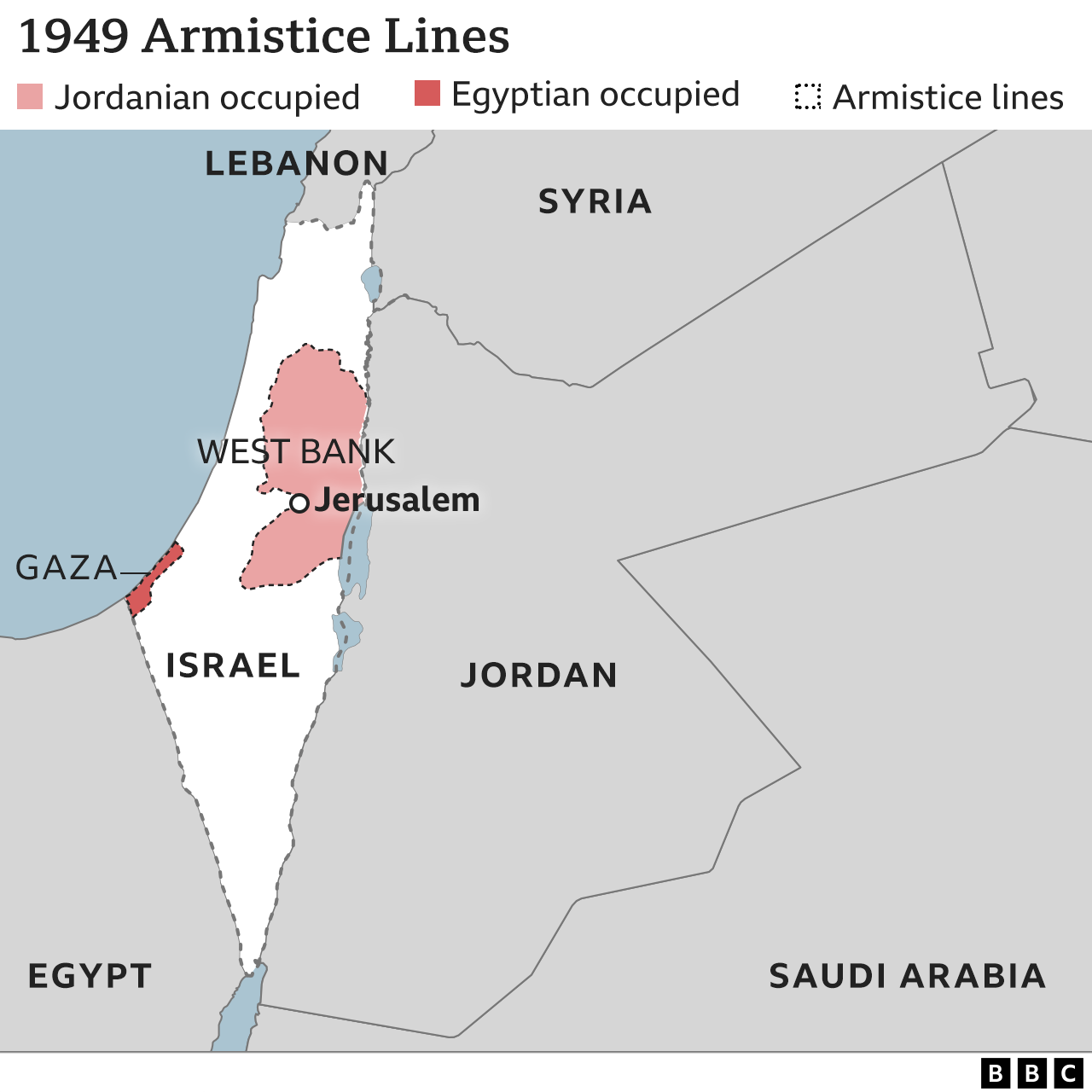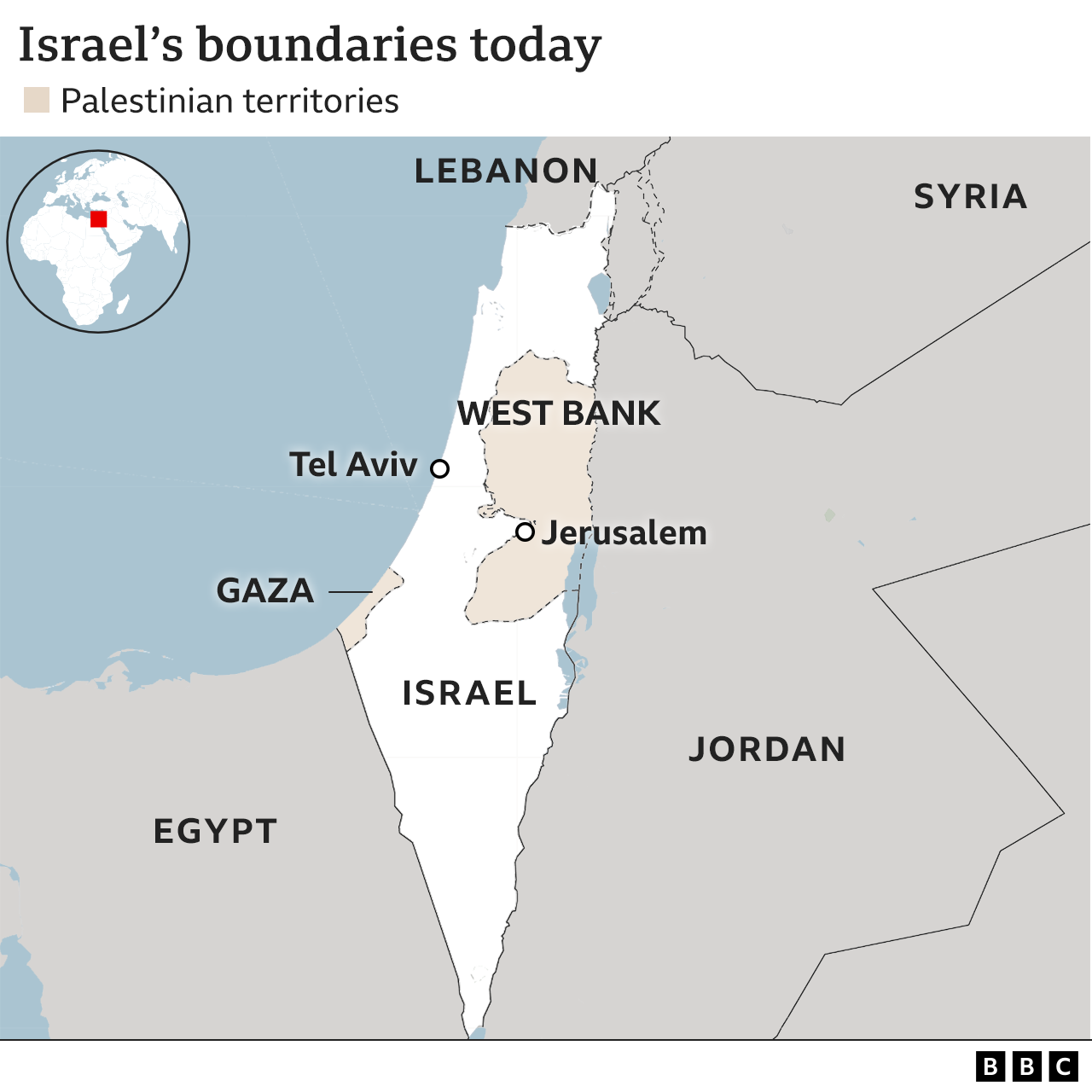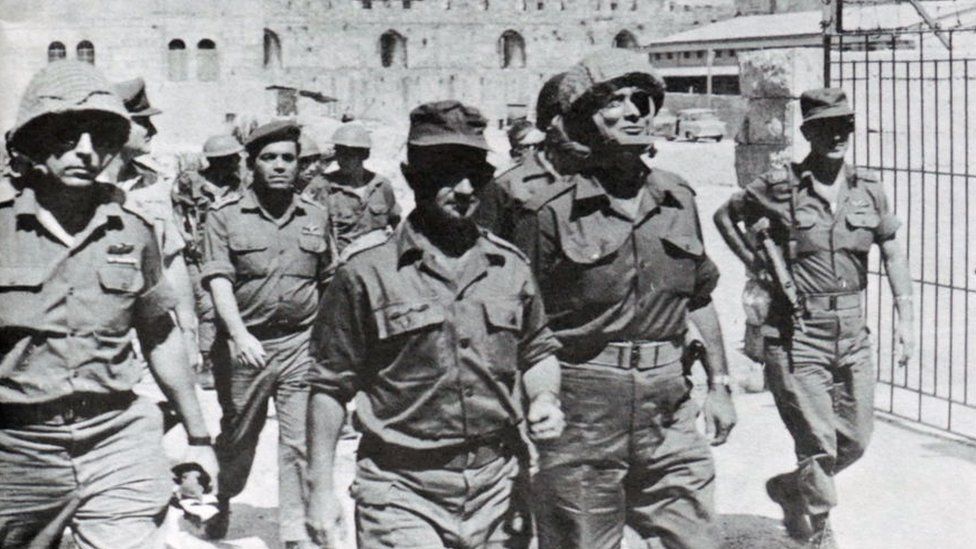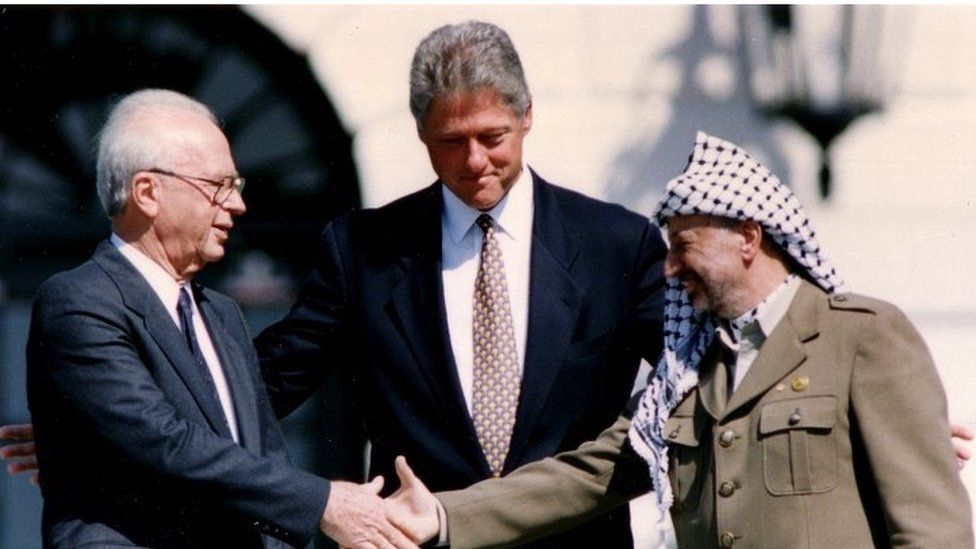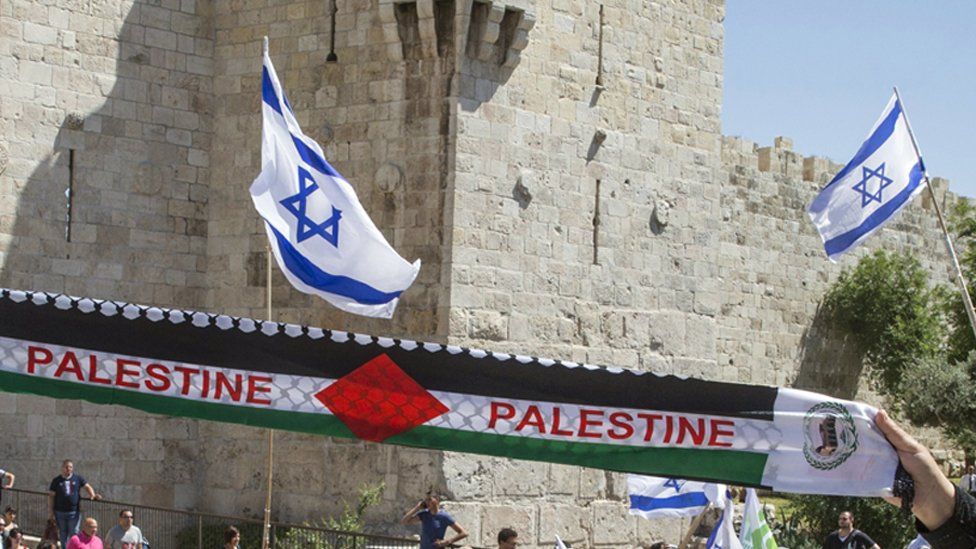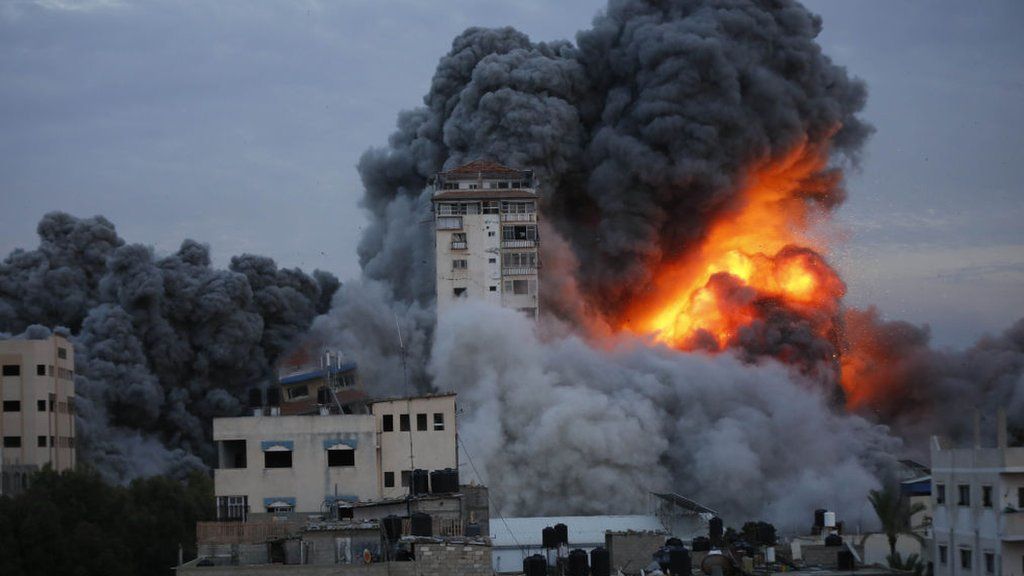• FG borrows N4.1t in four months
• Public debt may hit N100tr soon
• Tinubu deepening mess created by past administrations — Labour
At a time Nigeria’s lawmakers are planning to buy vehicles worth N160 million, the move by the President Bola Ahmed Tinubu administration to borrow additional $400 million for palliative over subsidy removal has stirred anger in the country.
Labour unions, economists and civil society organisations (CSOs) were livid yesterday over the development, which is coming amidst expected windfall from the removal of subsidy on Premium Motor Spirit (PMS).
The $400 million would bring to $1.2 billion the amount the Federal Government is borrowing from the World Bank for the conditional cash transfer to vulnerable Nigerians as it had earlier secured a loan of $800 million for the same purpose.
Tinubu, who assumed office on May 29, 2023, immediately removed petrol subsidy, pushing the price to about N650 per litre from barely N200. He went further to float the naira, which caused spiraling inflation and deepened the exchange rate crisis, as the national currency now exchanges at N1,100/$ averagely in the parallel market.
The news of the government’s plan to borrow $400 million jolted many Nigerians, who were told that the removal of fuel subsidy would enable the government to save more money to spend on infrastructure and other necessities. But while the masses are still adjusting to life without fuel subsidy, the government, which has insisted that subsidy on petrol did not return, has already borrowed $1.95 billion between June and September 2023. The fresh $400 million loan alongside the $3 billion borrowed by the Nigerian National Petroleum Company Limited (NNPCL) will bring Tinubu’s external borrowing in about four months to over $5.350 billion. That is about N4.1 trillion.
Tinubu had taken a $700 million loan to expand the AGILE projects to 11 states. The international financial institution earlier in June approved the first loan of $750 million for Nigeria to boost the country’s power sector through the Power Sector Recovery Performance-Based Operation. Another $500 million loan has been taken under the Nigeria for Women Programme Scale Up (NFWP-SU).
With the increasing borrowing, each Nigerian is now owing above N400,000 as Nigeria’s indebtedness to the World Bank moved from $6.29 billion in 2015 to $13.46 billion in 2022. Nigeria’s total debt has jumped from N87.4 trillion in the second quarter of 2023 to about N91.5 trillion currently.
Tinubu had announced the conditional cash transfer to 15 million households in a nationwide address to commemorate the country’s independence on October 1 as part of measures to cushion the effects of the removal of subsidy on petrol, which has led to an astronomical rise in the cost of living and forced many to fall below the poverty line.
He also announced that the Federal Government would commence the payment of N25,000 monthly to 15 million households for three months from October to December 2023.
The current development, coupled with his bloated cabinet, high cost of governance and the over N160 million SUVs for Nigeria’s 469 lawmakers are projected to, in no distant time, push Nigeria’s debt beyond N100 trillion. Meanwhile, the country’s crude oil production remains low and the refineries are shut.
Most stakeholders do not believe that borrowing fresh $400 million from the World Bank is the right way to go at this time.

Ajibola,
Former President of the Chartered Institute of Bankers of Nigeria (CIBN), Prof. Segun Ajibola, said the money might go down the drain.
According to Ajibola, who is a Professor of Economics at Babcock University, Nigeria’s level of borrowing is already high as well as the attendant debt service burden.
Ajibola said unless new borrowing would achieve the intended purpose of empowering the households and raising their productive capacity along with that of the economy, it wouldn’t make sense.
“It is a palpable fear that the proceeds may be diverted to consumption at the household level. That may turn out to be money down the drain, thereby compounding the debt burden. The antidote to a likely diversion is, therefore, an organised and controlled disbursement scheme that takes into recognition the defined empowerment project, household by household.
“A herculean task though; but looking back (tradermonie of 2019), I hardly can think of a less cumbersome result-oriented disbursement template for the purpose of economically empowering Nigerian households,” he stated.
Director at Centre for Transparency Advocacy, Faith Nwadishi, said being an issue of government priorities and fiscal responsibility, the first choice of borrowing for conditional cash transfer wasn’t bad but the fact that the country is neck deep in debt is worrisome.
She insisted that the government also has no clear structures and strategies to ensure transparency in managing the borrowed fund.
“Buying cars at that humongous sum shows how unsympathetic the government is to the pain the people are subjected to on a daily basis and it’s is quite insensitive. On the whole, this further fuels citizens’ distrust of the government’s intentions,” Nwadishi stated.
The Organised Labour has also faulted the move, accusing the government of borrowing to fund the ostentatious lifestyle of its officials.
Kicking against the development, Deputy President of the Trade Union Congress of Nigeria (TUC), Dr. Tommy Okon, stated that borrowing money from the World Bank to share to vulnerable people as palliative is an enemy of any economy.
He noted that it was not a bad idea for the government to give palliatives to Nigerians through conditional cash transfers, but insisted that borrowing from the global bank to achieve the objective was an economic waste.
He said it would be okay if the government borrows for productive ventures, which would lead to greater expectations because it is an investment.
“Borrowing money to give to the people as palliative is an enemy of any economy. How will you pay back? If the government is borrowing money for productive ventures, it means there is an expectation, which is an investment but when you borrow to give out it is expenditure, where there is nothing to expect.
“What the government is doing could amount to doing exactly what the previous administration did that yielded no positive impact on the economy and the citizens. As far as I am concerned, it is economic waste.
“The socio-economic challenges are enough reason for the government to sit and look inward towards solving the problem in-house, rather than borrowing. The analysis by the World Bank is annoying because they don’t look at the insecurity in Nigeria or ethnic clashes in Nigeria; rather they use them to paint the country in bad light. Nigeria’s problems can only be solved by Nigerians where you have a purposeful leader who is transformational in action,” he said.
The President and General Secretary of NLC, Joe Ajaero, and Emma Ugboaja, could not be reached, but a senior official of the Congress who spoke on condition of anonymity, stated that there is no justification for any fresh borrowing.
He alleged that the past administration put the country in its current mess and the present wants to deepen it.
“They are busy spending the money on themselves. It is a dilemma that we have intentionally pushed ourselves into. There is no justification for borrowing but for greed and selfishness.
“When you also look at what he has planned, to give N25,000 to households for three months which approximates N75,000, you ask yourself, can N75,000 address the millions of suffering the government has already inflicted on the poor? Will it make any significant impact in addressing the consequences already being faced by Nigerians? Will the suffering suddenly end after six months?” he queried.
Charting the way forward, the source said: “Government has to address the issues on the cost of governance, reduce wastes and create an enabling environment rather than expanding ministries to give room for more ministers and aides.”
Similarly, General Secretary of the Non-Academic Staff Union of Educational and Associated Institutions (NASU), Peters Adeyemi, said: “Any effort geared towards the alleviation of the present hardship Nigerians are going through as a result of the removal of subsidy and the harmonisation of the exchange rate markets should be supported.
“However, we need to know the criteria to be used in determining those that will benefit from the programme. We hope that this will not be another avenue for a few individuals to divert such money to their private pockets.”
Also, the Chief Executive Officer, Centre for the Promotion of Private Enterprise (CPPE), Dr. Muda Yusuf, said although vulnerable segments of society deserve palliatives, the framework must be inclusive and transparent.
“The vulnerable segments of the society deserve palliatives to mitigate the pains of recent reforms, especially the surging inflation. However, the palliative framework must be inclusive and transparent.
“We would additionally want to see concessions in taxation and import duties focusing on moderating food prices, energy costs and transportation costs. Palliatives must go beyond cash transfers. There are serious limitations concerning data integrity.”
